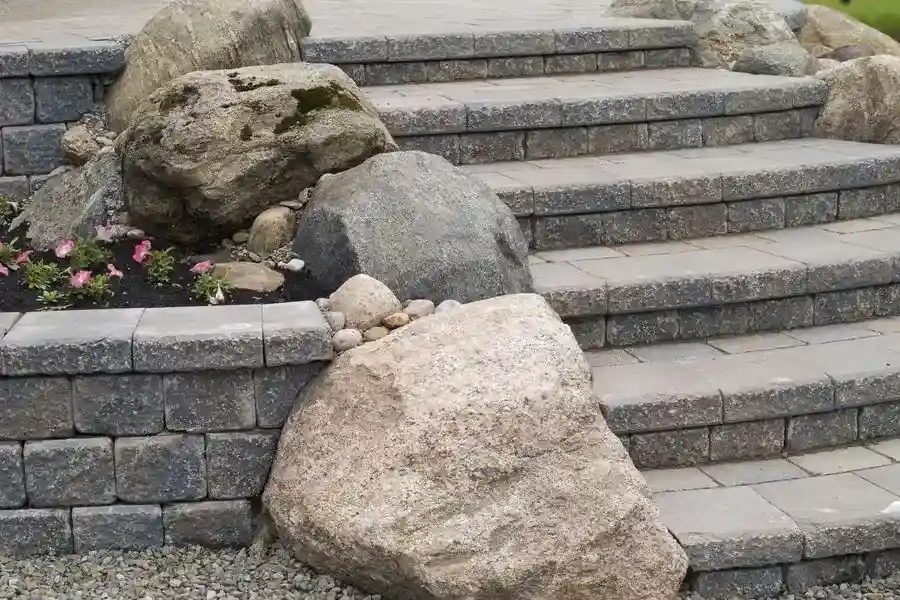Selecting Ideal Components for Strong and Long-Lasting Walls
When you embark on a project to build a retaining wall, the choice of materials is crucial. The right materials ensure your wall stands strong against the test of time and nature’s forces. This decision affects not just durability but also the aesthetic appeal and cost-effectiveness of the construction. Let’s explore which materials work best and why they matter so much in this context.
The Importance of Material Selection
Material selection is fundamental to building a successful retaining wall. It determines the strength, longevity, and appearance of the structure. Different projects require different materials based on site conditions and design preferences. Choosing wisely saves future maintenance costs and ensures safety, making it a critical step in planning.
Types of Materials Available
During retaining wall installation, contractors often choose between several materials. These include stone, concrete blocks, wood, and bricks. Each material has specific properties that make it suitable for different applications:
- Stone: Provides natural aesthetics and excellent drainage.
- Concrete Blocks: Known for their strength and versatility.
- Wood: Offers a rustic look but requires more maintenance.
- Bricks: Durable with a classic appearance.
Factors Influencing Your Choice
The choice of materials during retaining wall installation involves various factors. These include soil type, climate, budget constraints, and desired visual effects. Soil stability, water movement, and load-bearing demands must be assessed to pick the ideal material. Additionally, consider any local regulations that might dictate certain materials or designs.
Benefits of Using Quality Materials
Using quality materials offers several advantages for your retaining wall project. Firstly, it ensures structural integrity over time, reducing repair needs. Secondly, quality materials can enhance the visual appeal of your property, potentially increasing its value. Lastly, they generally offer better resistance to weather-related wear and tear.
Challenges in Material Selection
Choosing materials isn’t always straightforward. Budget limitations might push for compromises that affect performance. Weather conditions can influence material suitability. For instance, areas with heavy rainfall might need better drainage solutions integrated into the wall design. Understanding these challenges helps in making informed choices.
How to Decide on the Right Material
Deciding on the right material involves a systematic approach. Start by consulting with professionals who have experience with local soils and climates. Conduct soil tests to understand the site’s requirements better. Evaluate long-term costs including initial investment and maintenance expenses before finalizing your choice.
Expert Tips for Successful Installation
Experts recommend regular inspections to catch potential issues early. Ensure proper drainage around your wall to prolong its life span. Choose professionals with a proven track record for installation success. By following these tips, your retaining wall will serve its purpose efficiently for many years.
Understanding Costs Involved
The costs associated with retaining walls depend heavily on material choices and labor fees. Stone may offer higher costs upfront but lower maintenance expenses over time. It’s essential to balance initial outlay against potential savings from reduced upkeep and longer lifespan benefits.
Your Next Steps With Retaining Wall Projects
For those looking to start their retaining wall project soon, taking action now is key. Assess your site conditions and seek expert advice tailored to your needs. Located in Clayton, DE, we offer comprehensive services to help you select the right materials and complete your project smoothly. Call us at (302) 513-4498 to discuss how Partners Concrete LLC can assist in achieving your goals effectively.

